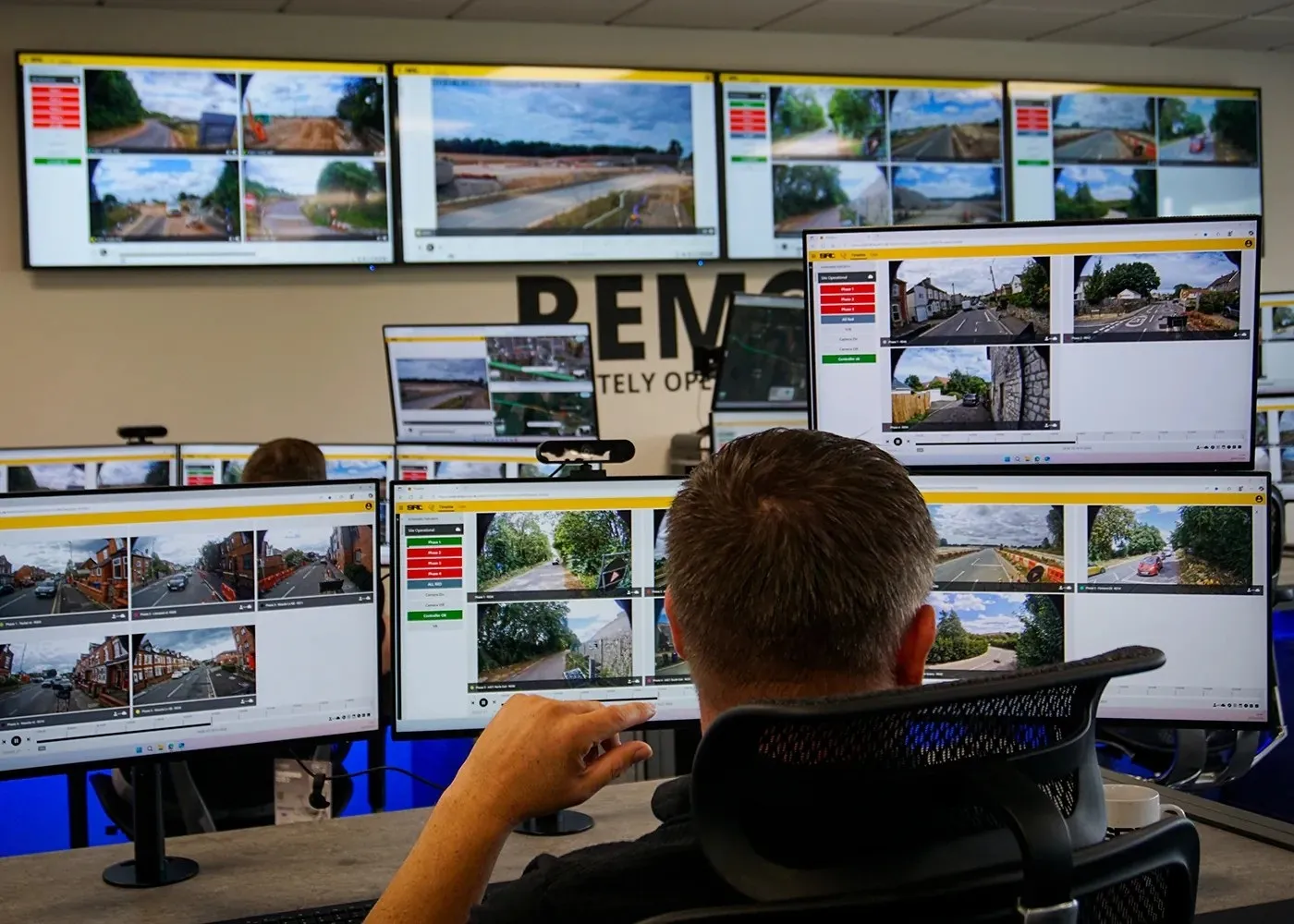Johnson Controls has announced plans to invest US$138.5 million to convert its battery plant near Toledo, Ohio, in the US, into an Absorbent Glass Mat (AGM) battery facility for Start-Stop and other high efficiency vehicles. Subject to final state and local incentives, the facility will be the company's first such plant in the United States.
April 23, 2012
Read time: 2 mins
RSS764 Johnson Controls has announced plans to invest US$138.5 million to convert its battery plant near Toledo, Ohio, in the US, into an Absorbent Glass Mat (AGM) battery facility for Start-Stop and other high efficiency vehicles. Subject to final state and local incentives, the facility will be the company's first such plant in the United States.
"Start-Stop vehicle technology is emerging globally as one of the most affordable options for consumers who want to buy a more fuel-efficient car for very little added cost up front," said Alex Molinaroli, president for Johnson Controls Power Solutions. "We see this market growing to 35 million batteries globally by 2015, and the United States is an important piece of the market."
Start-Stop, which automatically shuts off a vehicle’s engine during idle, can reduce fuel use and emissions by between 5-12 per cent, and automatically restarts when the driver engages the clutch or releases the brake pedal.
Johnson Controls is currently the leading supplier of Start-Stop batteries in Europe through its Varta brand. In 2010 the company supplied three million Varta Start-Stop batteries in Europe, and is adding capacity there to reach 11.2 million batteries by 2015.
"In addition to Start-Stop, our Original Equipment customers are also turning to our AGM technology to support many of their other new high efficiency vehicles that place similar aggressive demands on the battery. Our superior AGM technology is proven in Europe, where we've enjoyed working with our customers to help them meet strict regulations on CO2 emissions," said Jorge Guillen, vice president, Start-Stop, for Johnson Controls Power Solutions. "Our Toledo facility will be very important in helping to establish the same leadership here in the United States."
"Start-Stop vehicle technology is emerging globally as one of the most affordable options for consumers who want to buy a more fuel-efficient car for very little added cost up front," said Alex Molinaroli, president for Johnson Controls Power Solutions. "We see this market growing to 35 million batteries globally by 2015, and the United States is an important piece of the market."
Start-Stop, which automatically shuts off a vehicle’s engine during idle, can reduce fuel use and emissions by between 5-12 per cent, and automatically restarts when the driver engages the clutch or releases the brake pedal.
Johnson Controls is currently the leading supplier of Start-Stop batteries in Europe through its Varta brand. In 2010 the company supplied three million Varta Start-Stop batteries in Europe, and is adding capacity there to reach 11.2 million batteries by 2015.
"In addition to Start-Stop, our Original Equipment customers are also turning to our AGM technology to support many of their other new high efficiency vehicles that place similar aggressive demands on the battery. Our superior AGM technology is proven in Europe, where we've enjoyed working with our customers to help them meet strict regulations on CO2 emissions," said Jorge Guillen, vice president, Start-Stop, for Johnson Controls Power Solutions. "Our Toledo facility will be very important in helping to establish the same leadership here in the United States."









